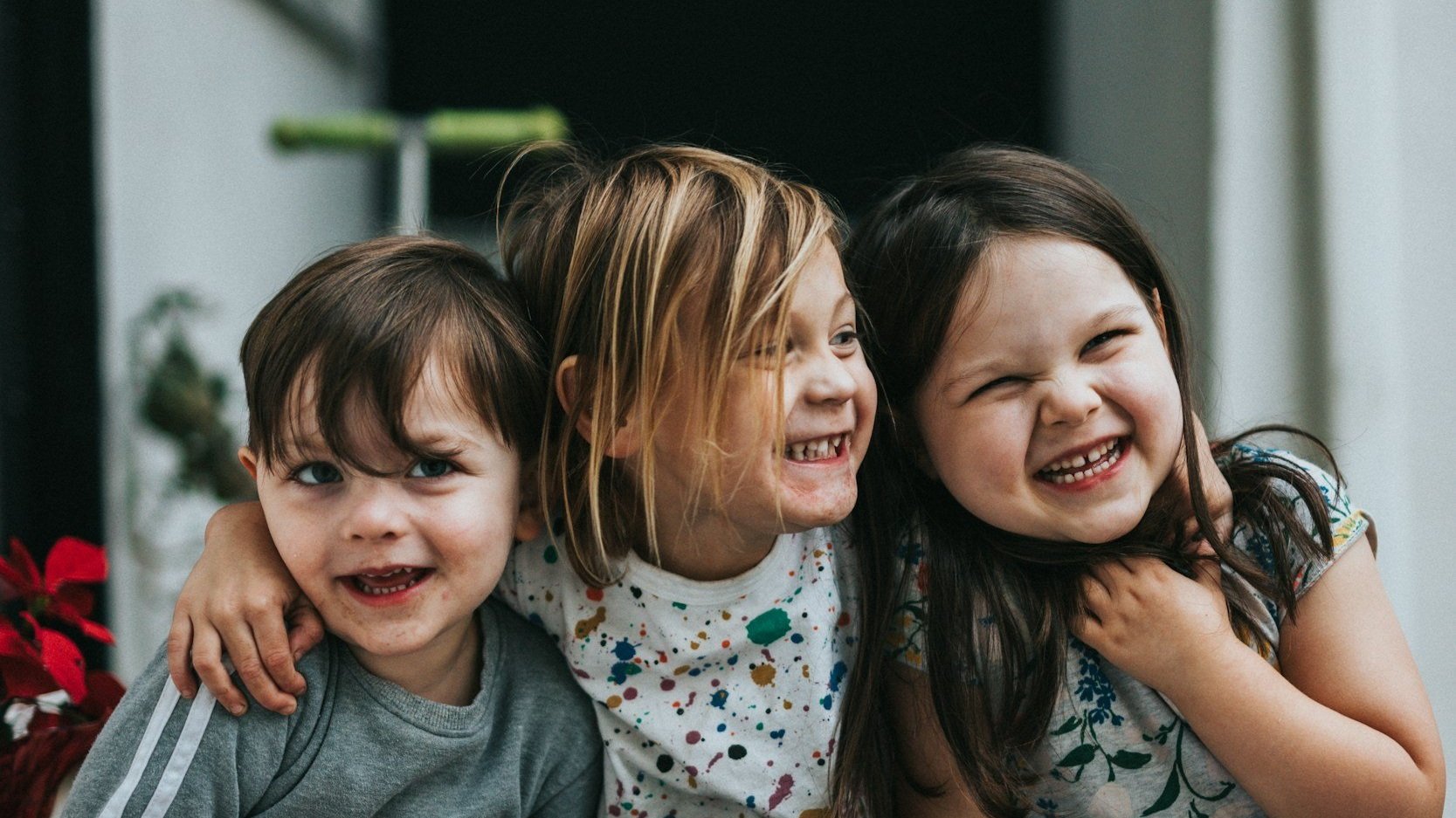
Pediatric Mental Health Blog
© 2025 COPYRIGHT NOTICE: All original resources, content, and materials produced and displayed on this website are the intellectual property of Child Therapy Guide. These resources are protected by copyright laws and are intended for personal, non-commercial use. Unauthorized reproduction, distribution, or any other unauthorized use of the content without explicit permission from Child Therapy Guide is strictly prohibited. Users are encouraged to enjoy and utilize the resources responsibly, respecting the copyright and intellectual property rights associated with the content. For any inquiries or requests regarding the use of our materials, please contact us through our contact form.
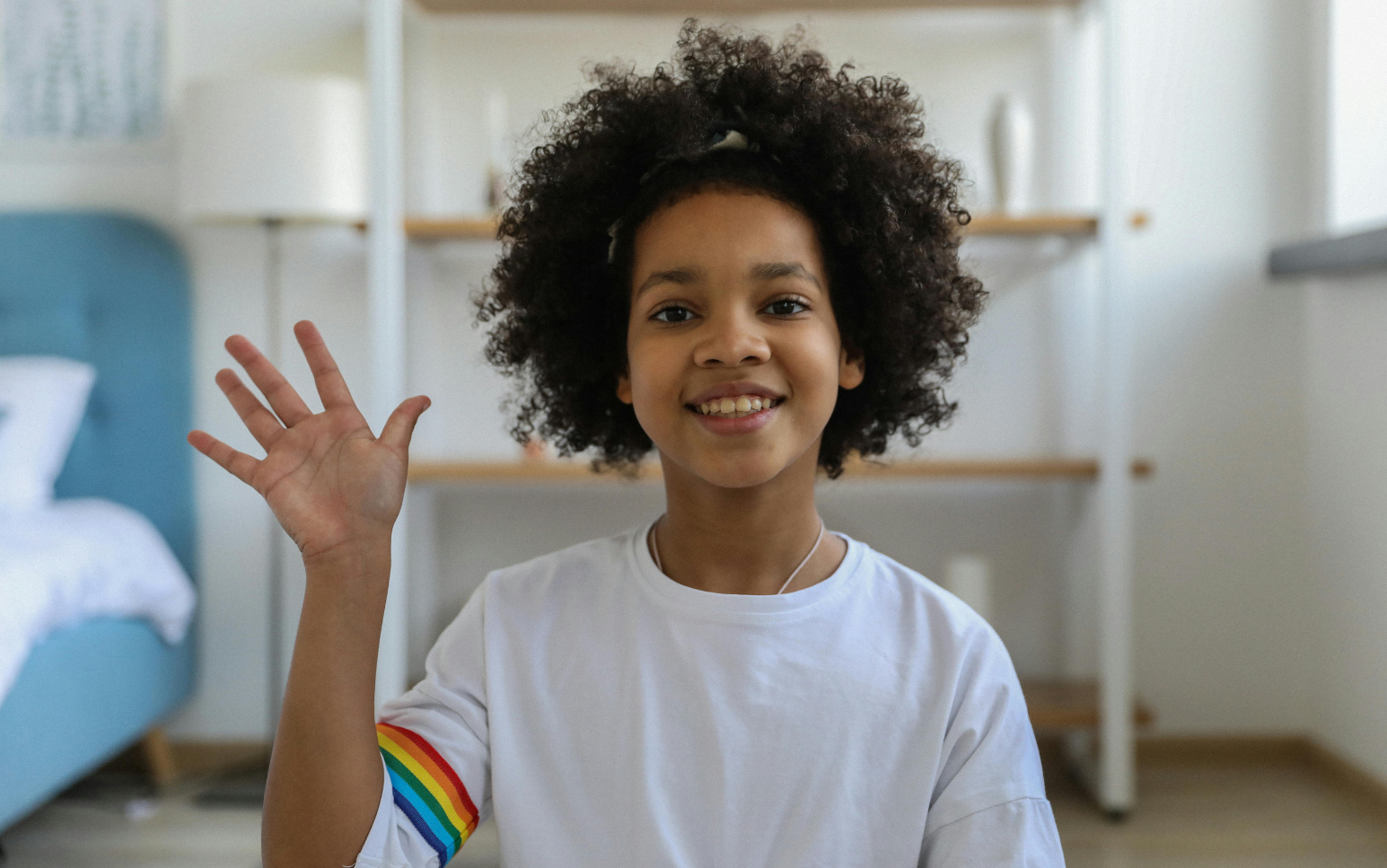
ADHD: Strengths and Challenges
Recognizing and embracing the unique strengths and challenges associated with ADHD is the first step in supporting a child’s development.
Here, we explore symptoms, diagnosis, management, and advocacy of ADHD to cultivate open communication and collaboration between parents, educators, and clinicians to create an environment that celebrates and supports a child’s individuality.
Read on for more information and a free printable handout!

How To: Behavior Charts
By visually tracking progress on a sticker chart, we can help kids increase motivation, develop self-discipline, and reinforce positive habits. Read on to learn best practices for behavior charts!

Draw Your Day
This free printable art therapy activity highlights two main skills: routine conceptualization and emotional exploration. By preparing for and embracing the natural ebbs and flows of a day, kids can improve their adaptive functioning and lead more balanced lives.
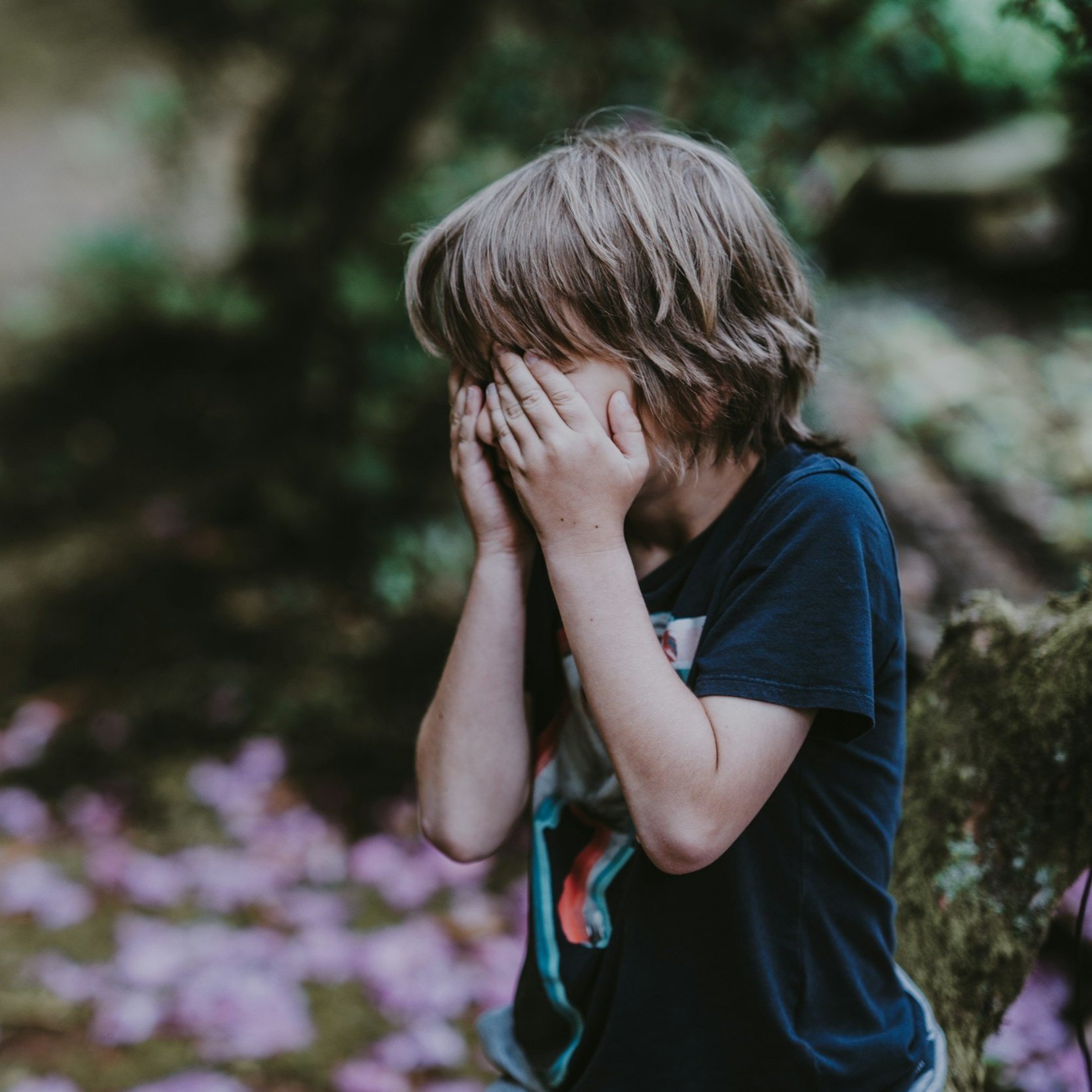
Feeling & Behavior Patterns
A feeling or behavior pattern develops when a person has a reoccurring emotional and/or behavioral reaction to a cue. These patterns can be adaptive or maladaptive. Read on to learn how to interrupt maladaptive patterns and print our free PDF guide with talking points for kids!
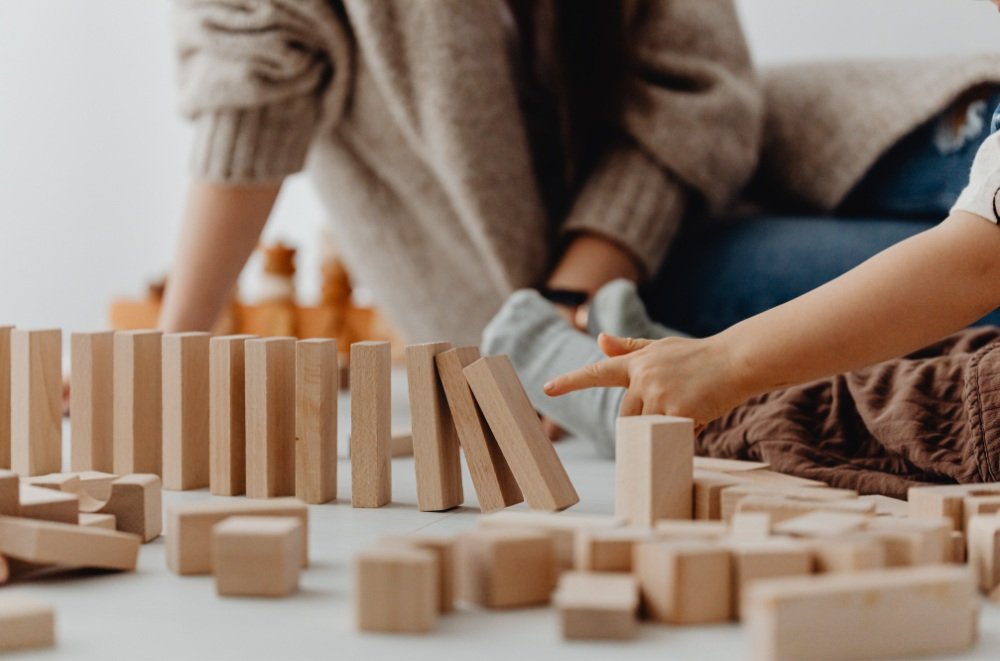
Play Therapy: Cooperative Play
Cooperative play is a form of play that requires working together towards a common goal. It often involves teamwork, communication, and problem-solving skills. This type of play encourages collaboration and helps kids develop social skills as they learn to negotiate roles, share ideas, and support one another through collective effort.
In play therapy, the act of working together in a safe environment allows children to develop a sense of belonging and confidence, which can enhance emotional resilience and overall well-being.

Children’s Books About Grief
Grief and loss are complex emotions that children (and adults) often struggle to comprehend and express. Picture books can serve as gentle and compassionate guides to help kids navigate the emotions and challenges associated with losing a loved one or going through a hardship. Read on for our recommended children’s books about grief.

Early Childhood Education Philosophies
There are lot’s of ways to “do” early childhood education. Learn about 5 common preschool philosophies: Montessori, Reggio Emilia, Waldorf, Play-Based, and Forest. The best predictor of social and academic achievement is confidence, so regardless of philosophy-specific approaches to academics, find a program where your kid will be comfortable and supported!

3 Empathy-Building Activities for Kids
By regularly practicing empathy, children learn to recognize unique perspectives and exercise compassion for themselves and others. Empathy allows kids to navigate difficult situations, support others (and themselves) in need, and recover from setbacks. Empathy is a key component of resilience and a growth mindset—learn how to nurture it through 3 simple activities!

Oobleck and Transformative Nature
Oobleck is a fun and easy demonstration of a non-Newtonian fluid. Non-Newtonian fluids are kind of like us—their behavior is variable depending on stress! This hands-on sensorial experiment can help kids understand that stress (anxiety, frustration, disappointment, failure, anger) can change our behavior.
Read on to learn how to make Oobleck and how to talk to kids about transformative nature.

The Value of Emotional Literacy
Emotional literacy is an important piece of the holistic development of children. By deliberately modeling and exploring emotional literacy, we prepare kids to flourish through resiliency, empathy, and connection.

How to Talk with Teenagers
Effective communication during adolescence builds mutual trust, understanding, and respect. This kind of communication allows parents to better recognize cues and attend to the needs of their teenager. Learn more about parent-teen communication and checkout our free conversation starters for teens!
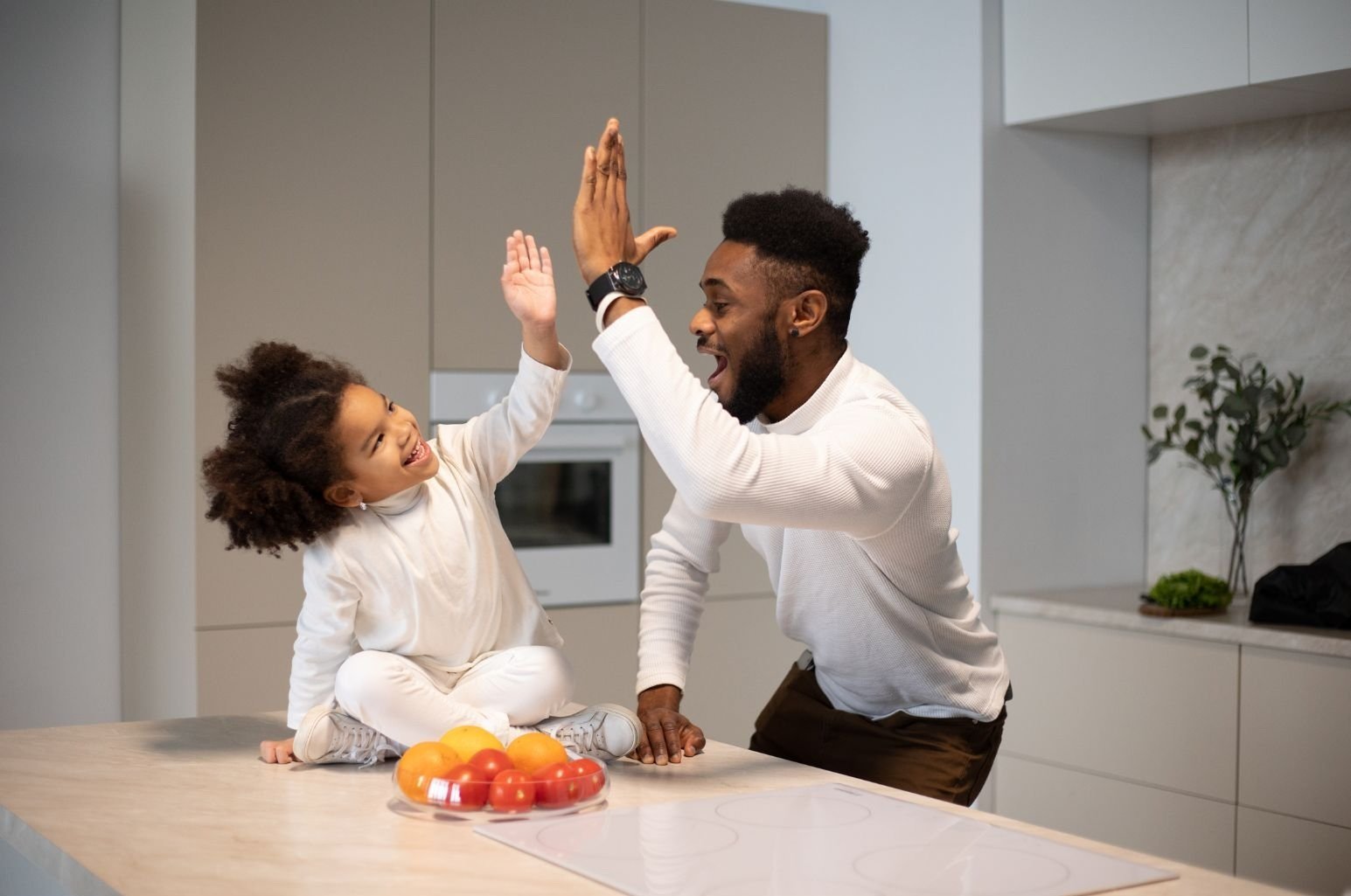
Reinforcement: Positive & Negative
Both positive and negative reinforcement can be effective ways to shape and encourage favorable behavior, but understanding how to use reinforcement to support healthy growth and development is key! Read on to learn about what reinforcement is, common misconceptions about reinforcement, and how to use reinforcement at home or in the classroom!

Quiet Coping Skills
Quiet Coping Skills are subtle but effective ways to privately regulate emotions without attracting scrutiny from others. These techniques aim to interrupt overwhelming feelings by focusing on specific physical tasks and simple mantras.

Childhood Perfectionism
A perfectionist aims for the ideal version of a pursuit and has disproportionate feelings of disappointment if they fail to reach their goal. Perfectionism can have many roots, but it is generally tied to a person’s perception of their self-worth.

SEL Writing Prompts for Kids
Guided by Social and Emotional Learning (SEL) outcomes, our free writing prompts encourage kids to exercise written communication to promote the development of introspection, self-confidence, and creativity.

Counseling Games for Kids
Cooperative games help kids learn the significance of collaboration, integrity, and respect. Through shared objectives and collective problem-solving, kids build interpersonal skills while exercising ethical conduct and resilience. Read on for tips on how to foster positive sportsmanship through a social-emotional learning lens.

Connection Through Conversation
Reciprocal conversation is an active exchange of thoughts, ideas, curiosity, and attention. It’s a valuable skill and we can help cultivate it from a young age through engaged, thoughtful conversation.

Attention-Deficit/Hyperactivity Disorder (ADHD)
Explore our simple breakdown of ADHD. By creating an atmosphere that embraces diversity and accommodates different learning styles, we empower children with ADHD to thrive!
